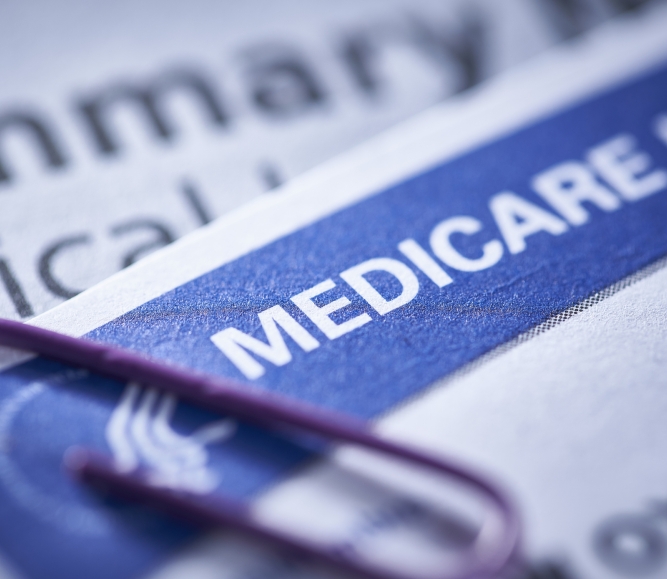CMS finalizes Medicare rule with key improvements for justice-involved populations
Author

Blaire Bryant

Brett Mattson

Naomi Freel
Upcoming Events
Related News

Key Takeaways
On November 1, the Centers for Medicare & Medicaid Services (CMS) published a final rule that, in a major advocacy win for counties, will improving access to Medicare for justice-involved individuals who are in pre-trial status or who are reentering the community. The CY 2025 Medicare Hospital Outpatient Prospective Payment System final rule reflects significant updates to Medicare’s “custody” definition and Special Enrollment Period (SEP) for formerly incarcerated individuals.
NACo joined partners in advocating for a narrower definition of “in custody” to expand access to vital healthcare services. In direct response to these comments, CMS clarified in the final rule that individuals released to the community pending trial, such as those in pretrial supervision or released on cash bail, as well as individuals on parole or probation and residing in halfway houses or home detention are not considered to be in “custody.” This important update ensures these individuals can maintain access to Medicare benefits, supporting better health outcomes and smoother transitions back into the community.
Read the Final Rule Read NACo’s Comments to CMS
Impacts of the final rule
- Narrowing the definition of “custody”: CMS finalized its proposal to exclude individuals on bail, parole and probation or in home detention and halfway houses from Medicare’s "custody" definition. This critical update ensures Medicare can pay for healthcare services provided to these individuals, who were previously ineligible for the program.
- Revised Special Enrollment Period (SEP) criteria: The rule also updates Medicare SEP eligibility for justice-involved populations and expands eligibility criteria to include individuals released to community supervision or halfway houses. This expansion simplifies access to Medicare, reducing gaps in coverage and ensuring smoother transitions from incarceration to community life.
County impact
The finalized changes significantly impact counties, which play a pivotal role in health and justice systems. By updating the custody definition, counties can connect individuals reentering the community to essential Medicare benefits, lowering uncompensated care costs. Expanding healthcare access for justice-involved populations also supports successful reintegration, reduces recidivism and enhances public safety.
Next Steps
NACo remains committed to working with CMS and federal partners to implement policies that strengthen county-operated health and justice systems. The final rule also provides a new opportunity to advocate for Medicaid Inmate Exclusion Policy (MIEP) reform, emphasizing the need for Medicaid to align with Medicare’s definitions of continuing versus suspending coverage for pretrial and reentry populations. These efforts will further bridge gaps in care, enhance community reintegration and support better health outcomes for justice-involved individuals.
Advocacy
CMS proposes rules to increase healthcare access for key populations
On September 9, NACo submitted comments to the Centers for Medicare & Medicaid Services on two key areas: revisions to Medicare’s custody definition and Special Enrollment Period for formerly incarcerated individuals, and updates to crisis stabilization unit payment policies.

Related News

HHS Secretary Kennedy touts fixes for obesity, chronic illness, mental health issues
Counties can help improve health outcomes by prioritizing prevention over treatment, Robert F. Kennedy Jr., secretary of the U.S. Department of Health and Human Services told NACo Legislative Conference attendees.

Information-sharing bill could protect court workers
The Countering Threats and Attacks on Our Judges Act could provide more than 30,000 state and local judges with access to security assessments, best practices and a database of threats made against colleagues in the justice field.

California counties fight agricultural crime
Sheriffs' offices and prosecutors in California's central valley make specific efforts to prevent and prosecute crimes against the agricultural community.